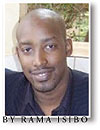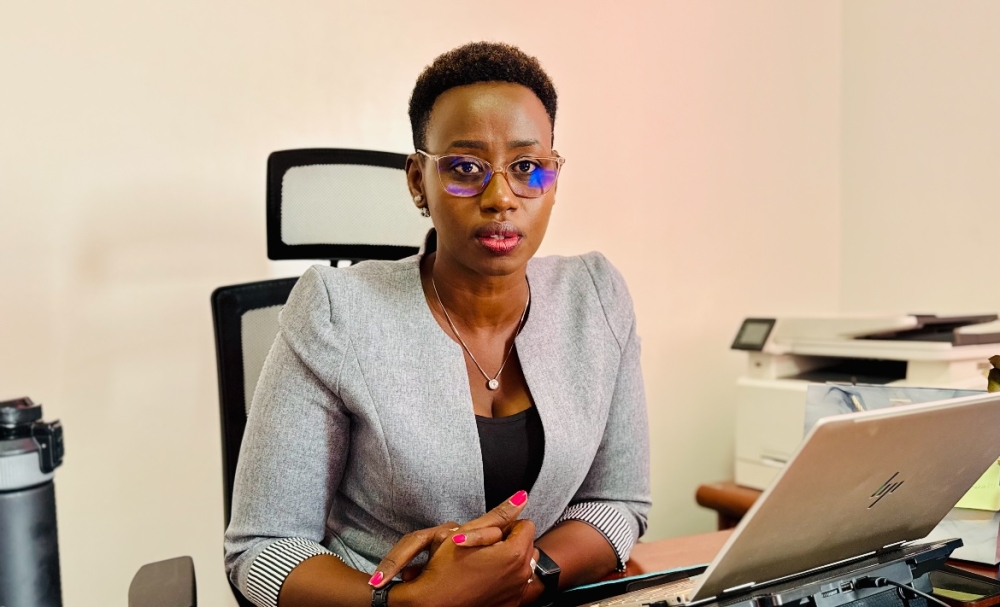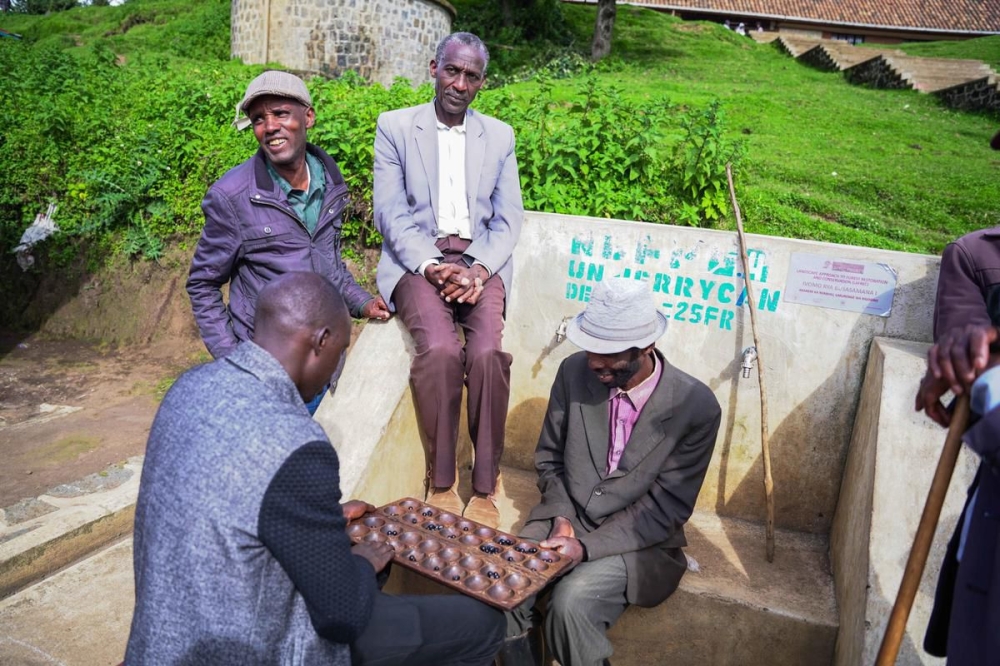In this modern scientific world in which all is quantifiable, and can be studied mathematically, we have developed a rational outlook. The problem is when we apply those theories to something inexplicable like love and happiness. For all their scientific knowledge, no doctor can tell you what happiness is.


In this modern scientific world in which all is quantifiable, and can be studied mathematically, we have developed a rational outlook.
The problem is when we apply those theories to something inexplicable like love and happiness. For all their scientific knowledge, no doctor can tell you what happiness is.
It is true that there are certain endorphins and hormones that induce momentary happiness. Serotonin and dopamine give momentary rushes of happiness when released in your blood, this is often triggered by good news.
However when we think of happiness, we can not explain it scientifically or rationally.
Our goals for happiness are set by the culture we grew up in. In African societies like most pre-industrial cultures the goal is family, extending your gene pool, the family name and family fortunes. The issue some young people face is balancing the aspirations given to you and those you picked for yourself.
When previous generations married it was easier, quite often they met on the wedding day but went on to live together forever.
There was no rational or mathematical explanation for it, it just was. Today we cannot accept such an explanation, we need a rational explanation, even better we want a mathematical probability of finding happiness.
The fear of not knowing is worse than any bad news. A scientific experiment into the way humans assess risks used a psychological test.
The subjects were given the option of either being given a mild electric shock now or maybe one later. They nearly all opted to get the pain out of the way instead of a 50-50 chance later. We want certainty above all else, no matter how bad it is.
So someone can sit in Kigali and try to calculate the odds of happiness. Firstly by taking the number of eligible partners, then multiply this by the chances of compatibility, then divide by the ratio of demand and at the end of it all multiply by a 30% chance of divorce, 76% chance of infidelity. You come away with the calculation that your chances are exactly 128,348,532,203 to 1.
All that probability means nothing in the face of destiny, your chances are equal to the effort you put in and the faith you have.
It can be hard to constantly look without knowing what you are looking for, but you’ll know it when you find it. Looking in random faces and wondering. The worst lies we tell ourselves is the maybe we’ll never find it, or we found it but lost it.
The truth is it can strike you anywhere; you have to be ready when the moment comes. You also have to be realistic, we often start with a list of criteria but eventually we pick what is most important. It isn’t settling for less but gaining what you never knew you wanted.
Ends




